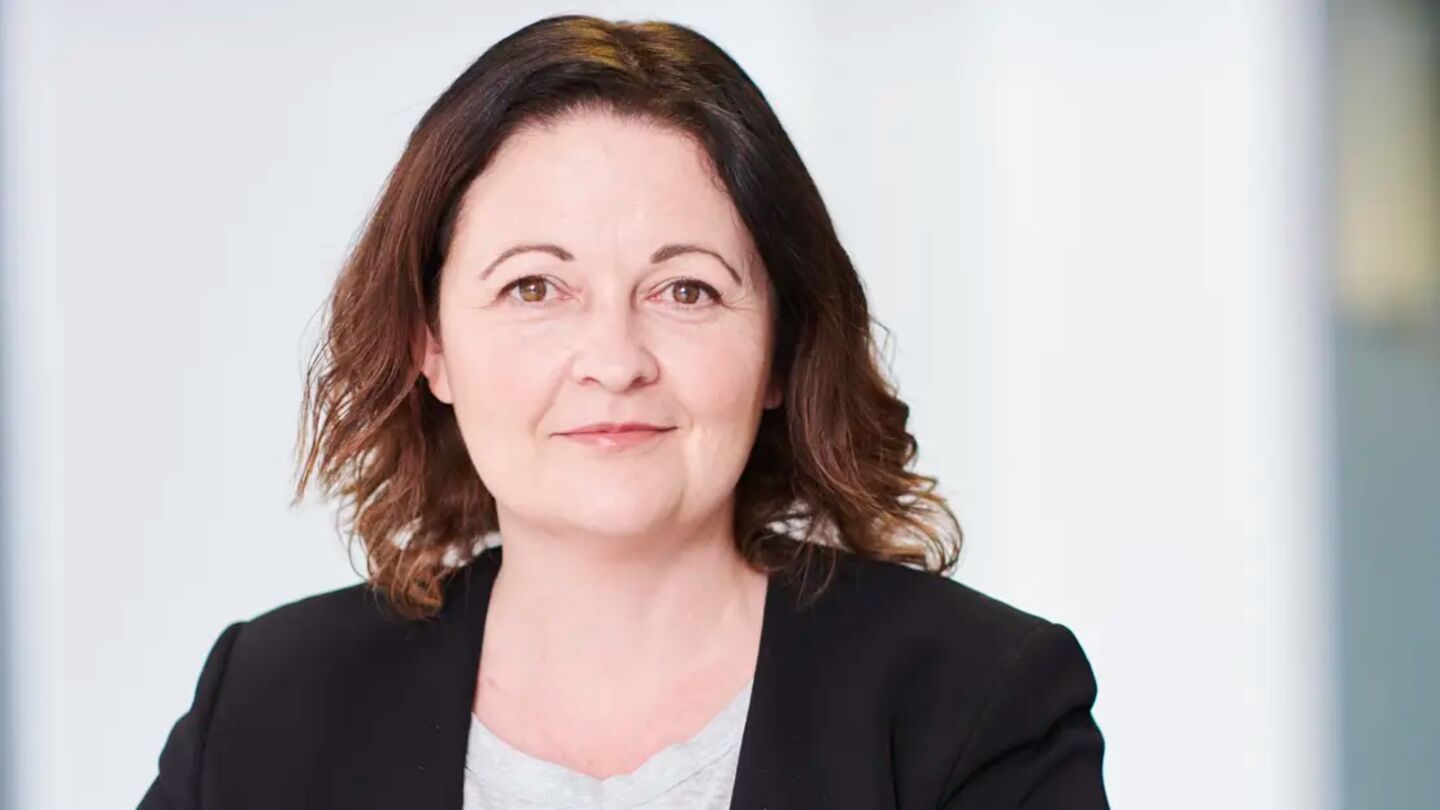Training organisation ScreenSkills says there is an urgent need to support mid-level crew in high-end television as freelancers face growing instability, financial pressures mount and hiring patterns shift across the industry.
The ScreenSkills findings were drawn from annual research by its HETV Skills Fund.

It said the overall picture of employment remains relatively positive - with 79% of respondents reporting it was “ok”, “easy” or “very easy” to find work. But the number who found work “hard” or “very hard” more than doubled to 21%, compared with just 9% the year before.
As hiring patterns shift, The HETV Skill Fund said there is a growing need to support those in the middle of their careers. More experienced freelancers are actively seeking work, while newer crew are stepping up rapidly, sometimes without the depth of experience required. This dual pressure is creating a ‘pinch point’ at mid-level - where investment in progression, mentoring and step-up opportunities is now most needed.
The research found that while the skills shortage is easing - with only 13% rating it as “serious” or “very serious”, down from 52% the year before - the skills gap remains a pressing concern. More than a third (34%) said crew lack the rounded experience needed to deliver effectively in smaller teams and tighter schedules, though this too has improved since last year.
Production accountants remain one of the hardest roles to fill, affecting the entire production pipeline. Other hard-to-fill roles include production secretaries, APOCs, standby art directors, electricians and costume designers.
Respondents raised concerns about crew being promoted too quickly, leading to inflated CVs and gaps in experience.
Virtual production continues to grow, particularly in higher-budget shows, but the research found that lack of understanding among editorial teams sometimes led to creative misunderstandings or cost overruns. Targeted training for creative leaders was recommended to help maximise its value.
The research findings are being used to inform the HETV Skills Fund’s 2025/26 strategy and priorities.
The research findings were drawn from 71 survey responses and 50 in-depth interviews with line producers, heads of production, production managers and producers across the UK.
Kaye Elliott, Director of High-end Television at ScreenSkills, said: “It’s encouraging to see that some skills shortages and gaps are easing slightly, but it’s clear that more support is needed at mid-level - where people are stepping up fast, often without structured support, and experienced freelancers are under increased pressure.”
You are not signed in
Only registered users can comment on this article.

WBD mails definitive proxy statement to finalise Netflix merger
Warner Bros. Discovery (WBD) will hold a special meeting of shareholders to vote on the merger with Netflix on March 20, 2026. In the meantime, WBD has begun mailing the definitive proxy statement to shareholders for the meeting.

Digital switch-off prospect nullifies Arqiva’s value
Arqiva’s main shareholder has admitted that its holding of the transmission company might be worth nothing.

Warner Bros Discovery mulls re-opening sales talks with Paramount
Warner Bros Discovery is considering reopening sale talks with Paramount Skydance Corp, according to a Bloomberg report.
.jpg)
BBC unveils fresh cost-cutting drive
The BBC is set to make cuts of around 10% of its costs in the face of "substantial financial pressures" over the next three years.
.jpg)
Report warns of unsustainable financial pressure for UK’s film and TV workforce
A survey examining the financial health of workers in the UK’s film, TV, and cinema industry has reported that a large proportion of the workforce is under severe and escalating financial pressure and that many are being “forced to leave” due to unsustainable circumstances.
